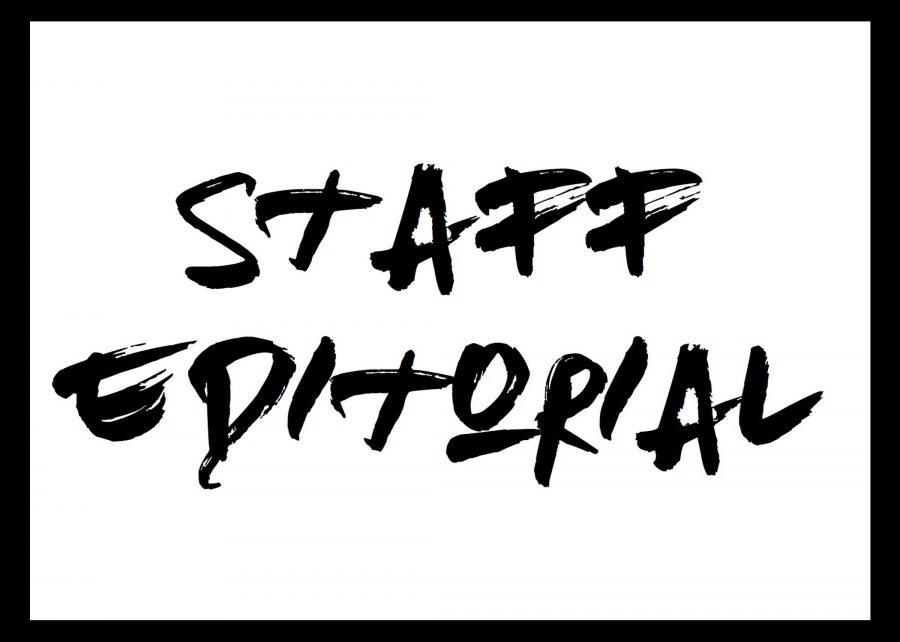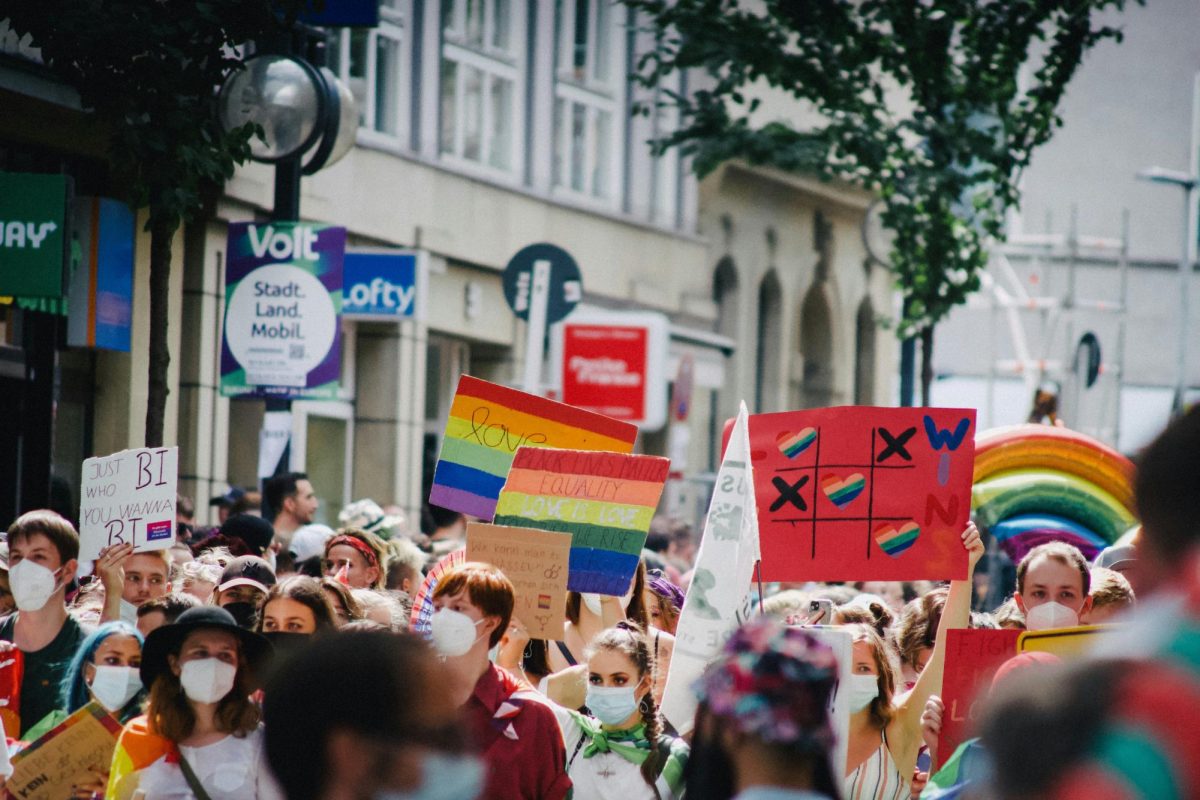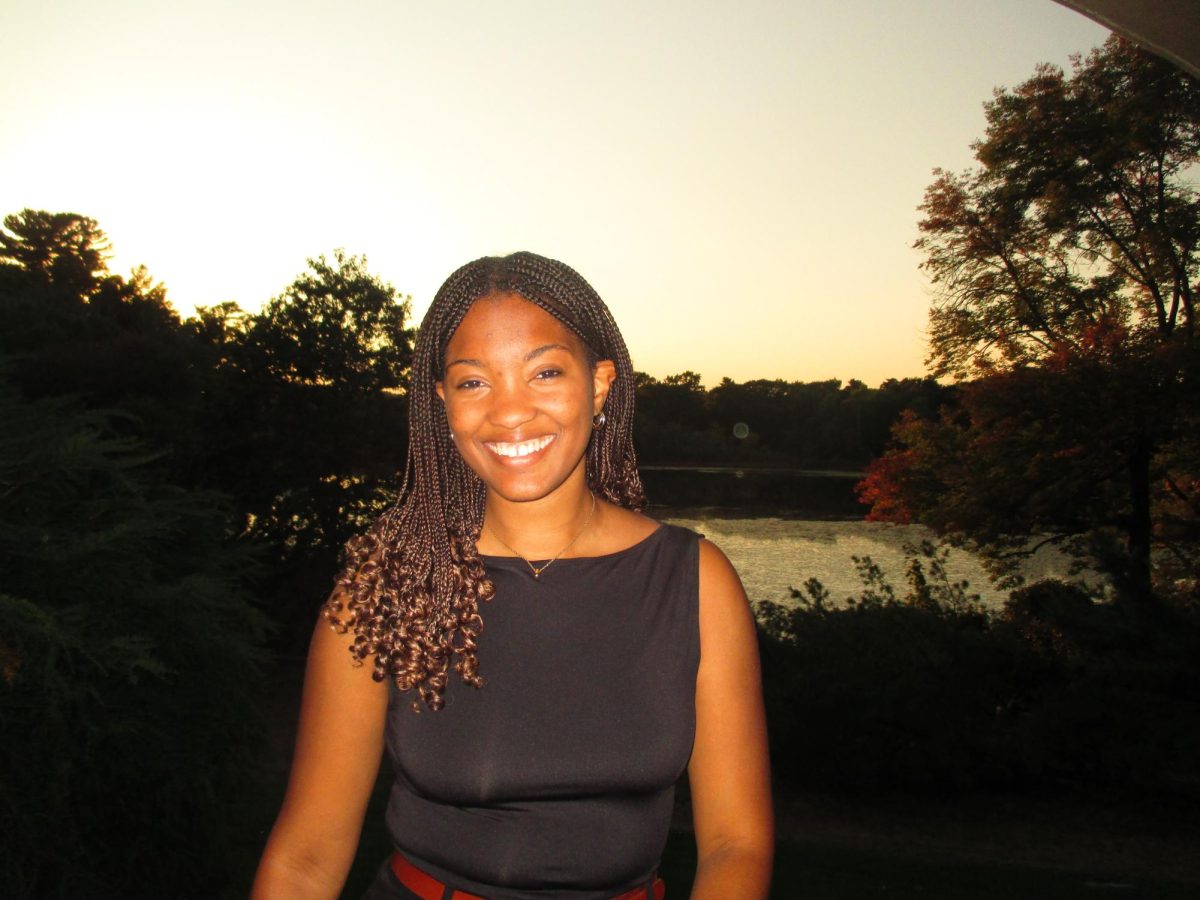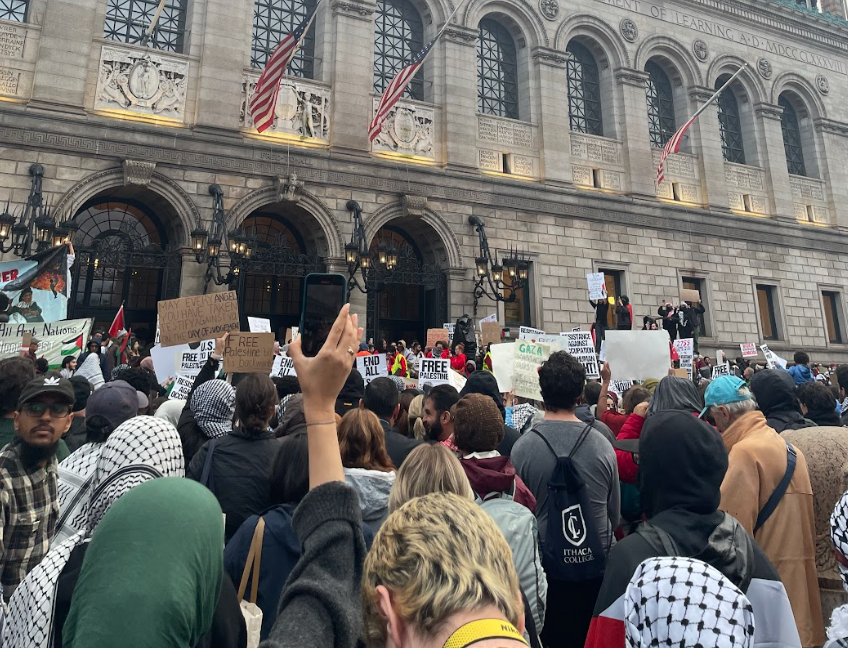Since the founding of the United States, the executive branch has always had a somewhat strained relationship with the media. The Wellesley News editorial staff would not have been appalled if the President were simply complaining about the media. When the President not only continues to disparage the press but also attempts to silence those who oppose him, however, there is a problem that needs to be discussed. The framework of the United States is in danger of being destroyed, and it is in our best interest to fight back and ensure that both the integrity and the objectivity of the media are upheld.
Trump is far from the first president to criticize the media. For example, while President Obama was in office in 2009, the White House released a statement saying that Fox News was not a legitimate news organization, but instead “a wing of the Republican party.”
However, since the beginning of his time in office, President Trump has taken a vastly harsher tone. At different points, he has attacked journalists both in press conferences and on Twitter. In one particularly infamous tweet from February 2017, he claimed that “The FAKE NEWS media . . . is not my enemy, it is the enemy of the American People!” Indeed, as poorly written as the tweet is, it perfectly illustrates Trump’s strategy for dealing with the press: make them out to be the enemy.
Unlike previous presidents, President Trump takes his dislike of journalists much further than mere criticism. In the last two weeks, he defended Saudi Arabia and its crown prince Mohammed bin Salman from accusations of the murder of journalist Jamal Khashoggi, despite the CIA’s report concluding that there is significant evidence tying the government to his death. Trump himself confirmed that he would rather keep up a profitable economic relationship with Saudi Arabia than defend a journalist, telling reporters on his way to Mar-a-Lago that “I’m not going to destroy our economy by being foolish with Saudi Arabia.”
Trump’s dismissive treatment of such atrocious acts puts the lives of journalists at risk in an already dangerous global political climate. According to an article written by The Washington Post, 2017 was the most dangerous year ever for journalists, with a record 48 killed and 262 imprisoned. As we near the end of 2018, it looks like it will be even worse.
Trump’s embrace of autocratic leaders only adds to this environment. In countries such as Mexico, where more than a dozen journalists have been killed in 2018, there is a lack of motivation by government officials to stop the killings. Trump’s administration has also indicated an unwillingness to help, having denied the asylum claims of many Mexican journalists and later deporting them.
The President’s abusive nature towards journalists in the U.S. reached its apex when the Trump administration barred Jim Acosta, CNN’s chief White House correspondent, from the White House after Trump and Acosta engaged in a heated discussion during a televised press conference. Acosta questioned Trump’s views on the Honduran migrant caravan, emphasizing the problems in both characterizing the caravan as an invasion and thus dehumanizing the migrants. While Acosta did have his press pass restored two weeks after the exchange — during which CNN both filed and dropped a lawsuit against the Trump administration — the fact that Trump chose to suspend the journalist speaks to a bigger issue of how the president perceives the purpose of the media: to primarily promote his stances and policies.
Since the Watergate scandal, the media has arguably acted as the watchdog of the government. Due to this role, the media has tended to be unpopular among presidents but this sentiment has only now resulted in the questioning of the necessity of the media. With Trump’s action towards Acosta, he not only promoted his continued anti-media rhetoric but also showed that he both can and will silence those who disagree with him.
Trump not only overreacted but also interfered with one of the basic rights delineated in the first amendment: the freedom of the press. Once both restrictions are placed on the media by the government and dissenters are repressed, the foundation of our democracy is compromised.







